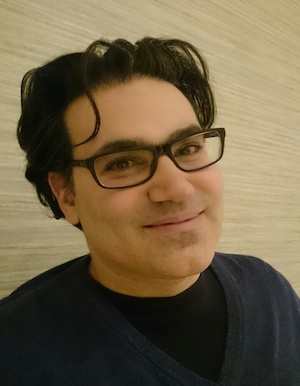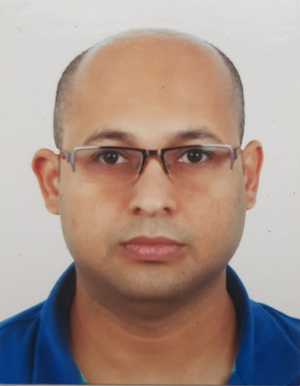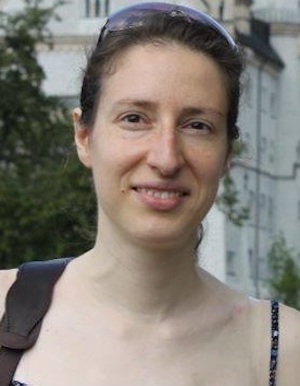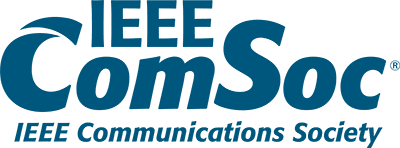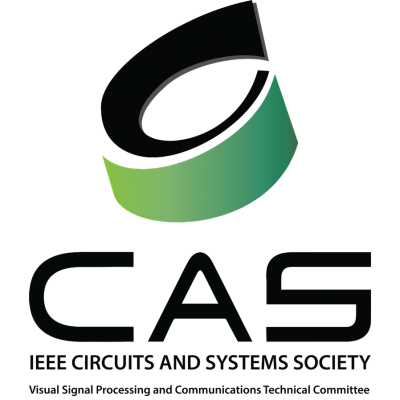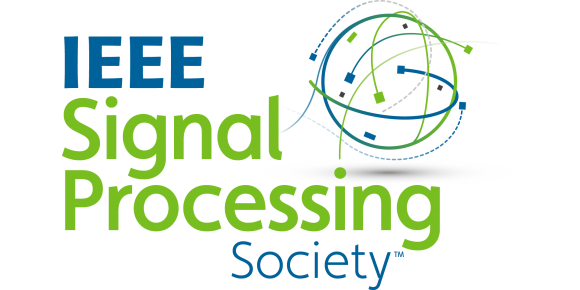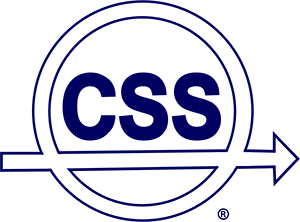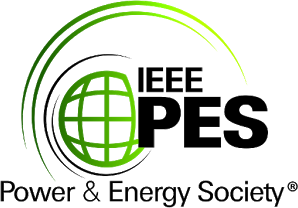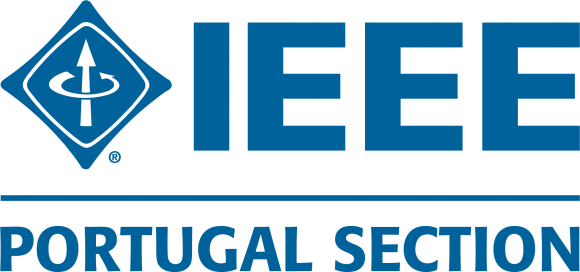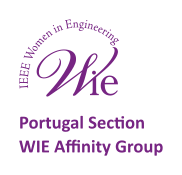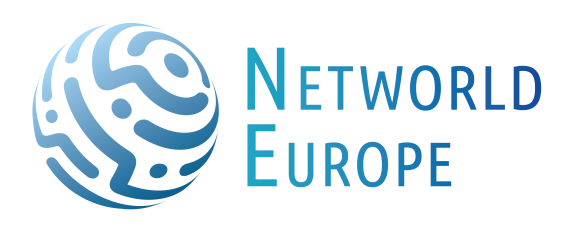2nd Workshop on Converge of Edge Intelligence in IoT (EdgeAI-IoT 2023)
Track ID: Work-02
Description
Edge Intelligence is a synergy that seems to be imperative to conclude the convergence of Edge Computing and the Internet of Things to support intelligent applications very close to end users. IoT has pervaded our daily life by making things interconnected through the Internet, smarter, distributed and more autonomous. The emerging development of intelligent applications in IoT has now started to gain significant attention. Cloud provides many benefits to IoT devices, including high-performance computing, a storage infrastructure, processing, and analysis of large-scale data giving IoT the opportunity to be robust, intelligent, and self-configuring. The forthcoming emergence of Edge AI will extend the capabilities of the ‘legacy’ IoT, its potential, the number of devices and the volumes of data. However, Cloud technologies face some accessibility challenges when providing services to end users. For instance, mobile clients can move among different places yet require Cloud services with minimum cost and short response time. The unstable connection between Cloud and mobile devices is expected to prevent providers from achieving optimal performance. To cope with these limitations, we aspire that Edge AI converged with IoT environments materializes the desired AI-led distributed and ubiquitous intelligence in natural computing systems. We then need additional effort to establish and deliver the convergence of Edge AI and IoT in formatting the future Intelligent IoT. The Intelligent IoT is envisioned to involve numerous autonomous & distributed computing and AI-driven entities capable of understanding their internal status (context), and the status of their environment and peers (collaborative context) and take timely optimized actions to efficiently serve modern applications, like tactile internet and augmented AI-led gaming.
Motivation and Excellence
The overarching aim of the EdgeAI-IoT Workshop is hosting novel solutions towards the convergence of Edge Computing paradigm, AI and IoT materializing the future Intelligent IoT bringing together scientists & scholars to discuss the future research directions in the domain, propose theoretical/practical models/techniques of this convergence, and present current potential solutions. The EdgeAI-IoT Workshop aims at detecting the key research questions related to the intelligent management of an ecosystem of ML/AI-led edge nodes capable of autonomously interacting with IoT computing environments. A critical issue is the synergies among collaborating edge nodes and IoT devices in a collective intelligence manner that should face all the modelling, heterogeneity, network, and decision-making challenges. This year we give much emphasis to online learning in IoT. The topics of the EdgeAI-IoT Workshop are concentrated on (but not limited to) the following themes:
- Theoretical Models for Edge AI and Intelligent IoT
- Edge AI Infrastructure Modelling & Applications
- Distributed AI at the Intelligent Edge
- Reinforcement Learning at the Edge
- Multi-Armed Bandits (MAB) for Edge AI
- Contextual MAB for the Edge AI
- MAB algorithms with switching costs
- Autonomous Systems for Edge AI and IoT
Workshop TPC Members
- Christos Anagnostopoulos, University of Glasgow, UK (Co-organizer)
- Shameem Puthiya Parambath, University of Glasgow, UK (Co-organizer)
- Fani Deligianni, University of Glasgow, UK (Co-organizer)
- Kostas Kolomvatsos, University of Thessaly, Greece
- Yves Grandvalet, Universite de Technologie de Compiegne, France
- Jordi Mateo Fornés, University of Lleida, Spain
- A.A.A Hakim Qahtan, Utrecht University, Netherlands
- Jordi Vilaplana Mayoral, University of Lleida, Spain
- Jordi Vilaplana, University of Lleida, Spain
- Katie Aleksandrova, Microsoft, UK
- Natascha Harth, BMW Research Group, Germany
- Mohamed Elshrif, QCRI, Qatar
Paper Submission Deadline
Important Dates:
- Deadline for Paper Submissions: July 30th, 2023
- Acceptance Notification: September 8th, 2023
- Deadline for Camera-Ready Paper Submissions: September 29th, 2023
- Deadline for Presentation Submissions: October 2nd, 2023
Papers should be six (6) pages in length and follow the instruction provided for the main Conference. The conference allows up to two additional pages for a maximum length of eight (8) pages with payment of extra page charges once the paper has been accepted.
Please submit your paper for this Workshop using the link to eWorks:
Call For Papers:
If you have any questions, please contact Dr. Shameem A Puthiya Parambath: sham.puthiya@glasgow.ac.uk
Chairs
Christos Anagnostopoulos: University of Glasgow
Dr Christos Anagnostopoulos is an Associate Professor in the School of Computing Science, University of Glasgow, and leading the Knowledge & Data Engineering Systems Group. Dr Anagnostopoulos has published widely and is leading research in distributed computing systems, context-aware computing, predictive modelling, and AI-driven inferential analytics, exploring technologies such as information processing in Edge Computing environments and large-scale distributed sensor networks. Dr Anagnostopoulos has received funding for his research from UK/EPSRC, European Commission (EC), ERC/MSCA, and the industry. He has been a Fellowship Supervisor of a MSCA-IF and has published over 170 peer-reviewed articles in high-quality international conferences, journals, and transactions articles. He serves as an Associate Editor of IEEE Access, Senior Editor of the Open Computer Science (De Gruyter), and Technical Programme Committee Member at numerous conferences. He has been awarded best papers awards, including IEEE Big Data and IEEE/IFIP Wireless Days. He has held postdoctoral positions at the University of Athens and Big Data Research Fellow at the University of Glasgow in context-aware & large-scale distributed computing. He holds a BSc (Honours), MSc, and PhD in Computing Science, the University of Athens. He is a member of the HEA, member of ACM, IEEE and EEE Special Technical Community Smart and Circular Cities.
Shameem Puthiya Parambath: University of Glasgow
Dr Shameem Ahamed Puthiya Parambath (SP) is an Academic Research Fellow in Machine Learning at the School of Computing Science, University of Glasgow, and an associate member of the Knowledge & Data Engineering Systems Group. His expertise is in the areas of Machine Learning and Data Science. He has supervised eight Master student projects and published 14 scientific papers/articles. His papers are published in top-tier venues for machine learning like NeurIPS, AAAI, UAI and ECML, and selected for the best paper award in RecSys 2016. He serves as the Program Committee member of conferences, including AISTATS, AAAI, and SDM. Before joining Glasgow, he was a postdoctoral Research Associate at Qatar Computing Research Institute, Qatar. He holds an MSc from Umea University, Sweden, and a PhD in Machine Learning, the University of Technology Compiegne, Sorbonne University Association, France. He had been a Software Engineer in Directi and Narus Networks.
Fani Deligianni : University of Glasgow
Dr Fani Deligianni holds a PhD in Medical Image Computing at Imperial College London, UK an MSc in Advanced Computing from Imperial College London, UK, an MSc in Neuroscience from the University College London, UK and an MEng (equivalent) in Electrical and Computer Engineering at Aristotle University, Greece. Currently, she is an Assistant Professor at the School of Computing Science, University of Glasgow, and the lead of the Computing Technologies for Healthcare theme at the school. Her research work encompasses developing Artificial Intelligence (AI) applications to process neurophysiological and human motion data to improve the performance of human-AI systems and preserve human health and well-being. She has a track record of more than 60 peer-reviewed papers (20 journals, 4 book chapters) in high-impact journals and international conferences in machine learning and healthcare informatics (google scholar h-index 21, 2645 citations). She also disseminates research via open-access software and open-access datasets. She has acquired more than £750k (PI, 100% ownership) of funding from EPSRC, Royal Society and MRC to build artificial intelligence algorithms to tackle the lack of large, labelled datasets in healthcare applications and develop privacy-preserved technologies. She is a reviewer of research grant schemes and a regular reviewer of high-impact journals in computer science and machine learning, such as IEEE JBHI, IEEE TMI, HBM, IEEE TAC, MRM, IEEE SPL, IEEE TKDE, Science Robotics, IEEE TNSRE, IEEE TBE.



